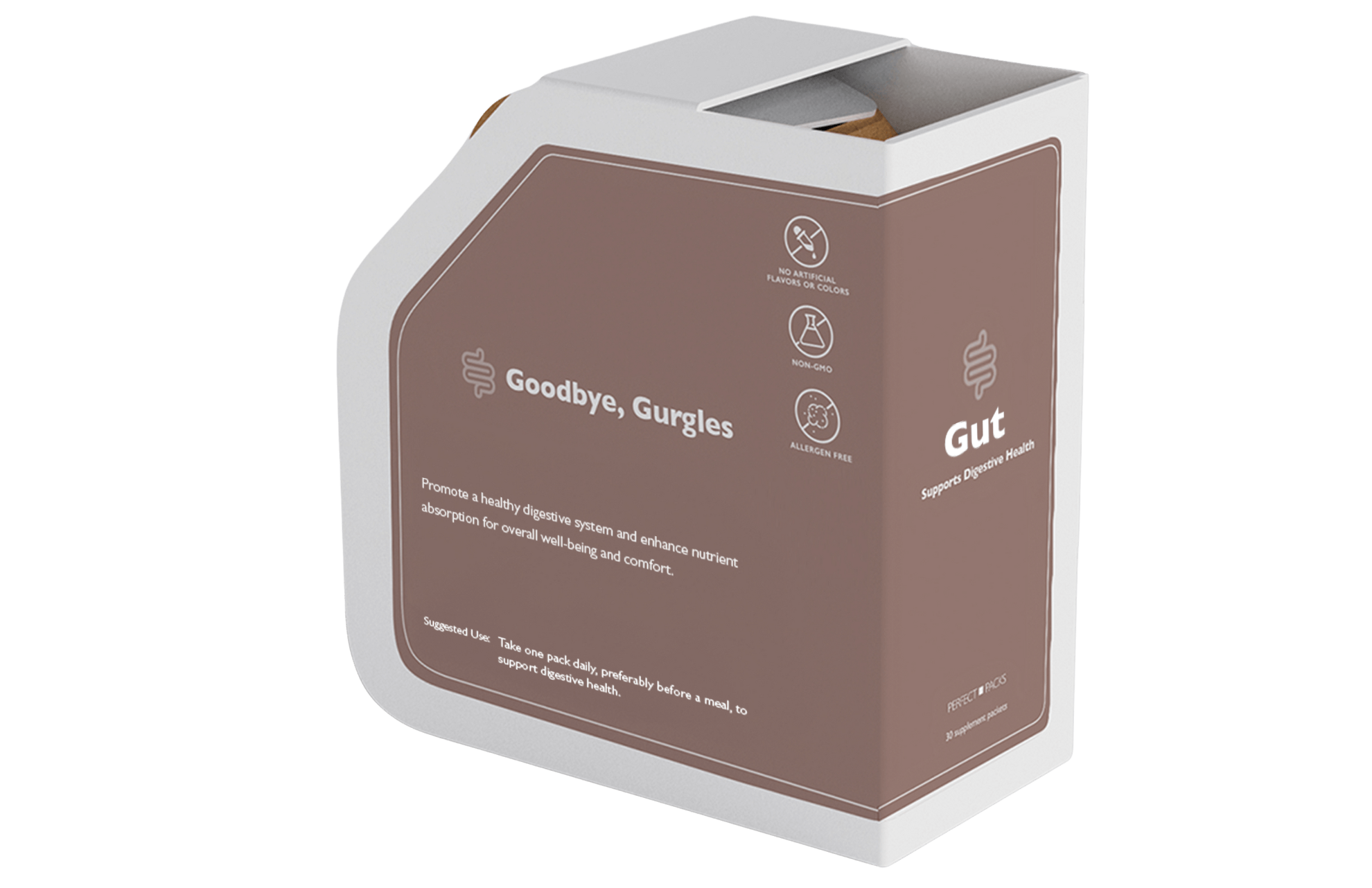Relistor (
generic name: methylnaltrexone) is an injectible solution used to treat adults with opioid-induced constipation (OIC). Methylnaltrexone belongs to the group of substances known as opioid antagonists. It blocks the effect of opioids on the gut without blocking the effect on pain. People taking a dose of methylnaltrexone can experience a bowel movement within four hours.
Dosage
It is essential only to take Relistor as advised by the prescribing doctor. The usual dosage is 12 mg subcutaneously once daily. Once a dose has been administered, people are advised to be close to toilet facilities.
Each dose of Relistor is contained in a pre-loaded syringe. The instructions for administration are printed on the Product leaflet included in the package. Read these instructions before using Relistor and check whenever a new package is received because the instructions may have been changed. The information does not take the place of talking to a healthcare provider.
Storage
Store the pre-filled syringes away from light at room temperature between 68° to 77°F (20º to 25ºC). Do not freeze the syringes.
Store Relistor away from the reach of infants and children. Please read our guide on
handling injectable medicine safely.
Q&A
Does methylnaltrexone cause withdrawal symptoms?
Check with a doctor before stopping treatment with Relistor. There is a risk of withdrawal symptoms, such as anxiety, chills, increased tearing, irritability, stomach pain, redness on the face, neck, arms, and upper chest, feeling cold, diarrhea, and increased sweating.
What are the symptoms of opiate bowel?
Opioid-induced constipation can be felt as abdominal pain that is colicky or burning in nature. The pain may be accompanied by nausea, vomiting, and abdominal distension. Eating may make the symptoms worse, and early weight loss and anorexia are noticeable. The use of opioids for at least three months may make these symptoms chronic.
What precautions should be taken when taking Relistor?
Stop taking other laxatives before starting treatment with Relistor. If treatment with narcotic pain medicines has been stopped, treatment with this medicine should also be suspended.
This text is for informational purposes only. Please consult a doctor or pharmacist before using any medication.
Read the information leaflet that comes with the medication.
Most people who use Relistor do not experience any negative side effects. Doctors prescribe Relistor because they assess the benefits of such treatment outweigh any likely unwanted effects.
Some of the side effects that have been reported include abdominal pain, nausea, diarrhea, hyperhidrosis, hot flushes, tremor, and chills.
Not all side effects are listed here. If these or other unlisted symptoms persist or worsen, consult a healthcare provider or pharmacist.
One of the side effects of opioid painkillers is slowing down the movement of stool through the intestines. This allows the bowel more time to remove water from the stools, making them hard, dry, and difficult to pass. Opioid-related constipation cannot be relieved by changing the type of food or liquid consumed in the diet, which is a standard treatment for other types of constipation.














